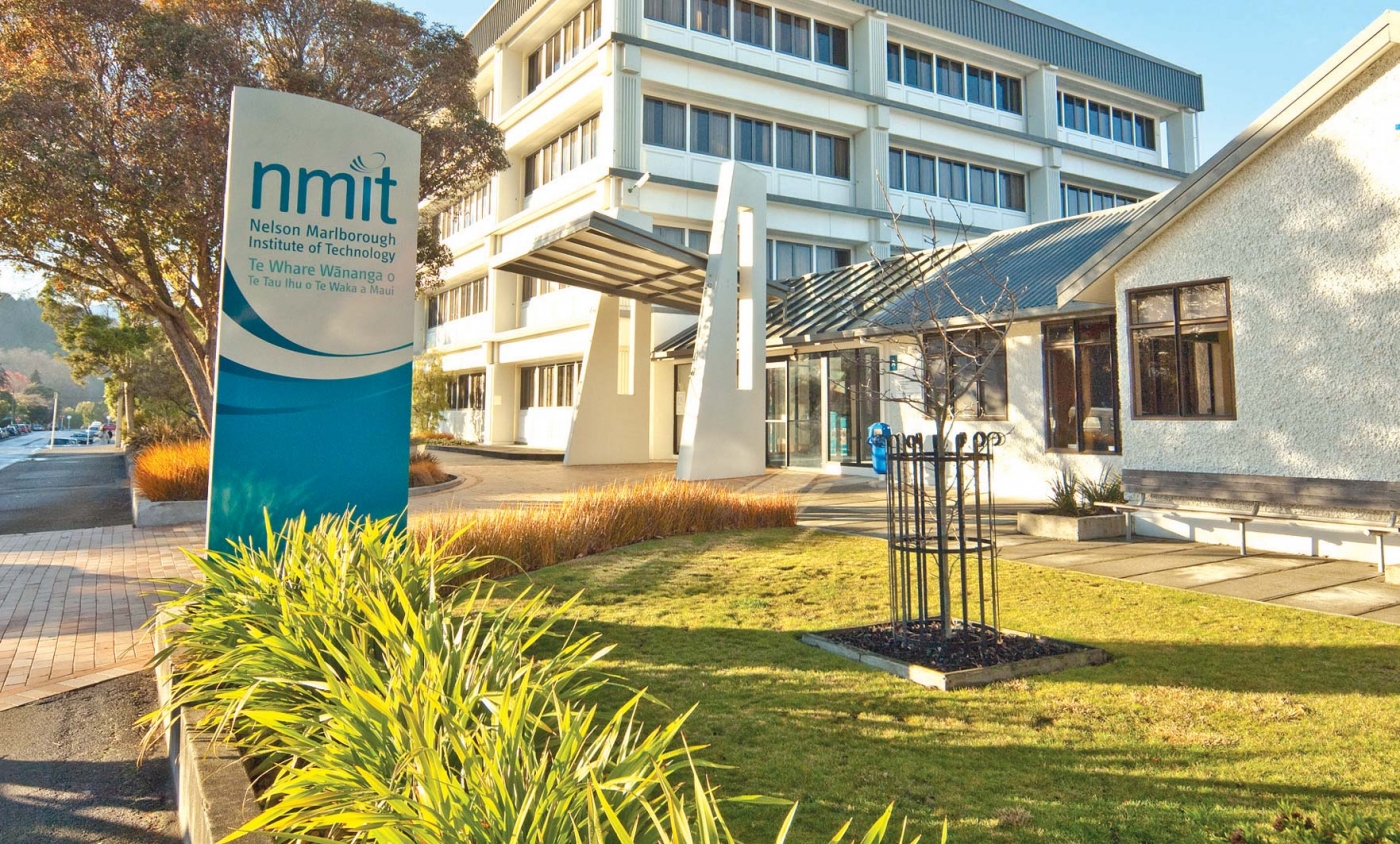
Home > Study in New Zealand > Nelson Marlborough Institute of Technology (NMIT) - Nelson Campus > New Zealand Diploma in Animation
New Zealand Diploma in Animation
.png) Nelson Marlborough Institute of Technology (NMIT) - Nelson Campus, New Zealand
Nelson Marlborough Institute of Technology (NMIT) - Nelson Campus, New Zealand

NZD 23000
Annual Tuition Fee

Free
Application Fee

12 months
Duration

5.5
IELTS

46
TOEFL

60%
Min GPA
Program Overview
Games, film, TV, art... The more you learn about this dynamic industry, the more you’ll want to be a part of it. Gain an introduction to the computer-generated techniques currently used in the animation industry, including 3D modelling, CGI lighting, real-time visualisation and motion capture.
What Will I learn ?
- Professional Practice: The Professional Practice courses prepare you for work in professional and commercial CGI studios, and as an independent contractor. Content includes business acumen appropriate for freelance work, legal considerations, statutory regulations and tax obligations and an understanding of the implications of the Te Tiriti o Waitangi for animation in Aotearoa New Zealand. A vital element for a CGI professional is the understanding of the CGI production workflow and pipeline and the ability to work collaboratively in a team-based professional environment.
- 3D Modelling: Modelling is a fundamental skill in CGI. The products of modelling are 3D geometric assets, which can resemble anything from creatures, characters, environments, props and abstract forms. There are two types of general approaches to modelling: soft-body and rigid-body. Soft-body modelling is for organic forms, such as creatures, characters, vegetation and other natural forms. Rigid-body modelling is used for hard structures that are not usually prone to deformation, such as man-made objects like buildings, vehicles, furniture and mechanical structures.
- Rigging and Animation: Rigging is the process of preparing 3D geometric assets for animation. For example, a creature would consist of a soft-body 3D modelled asset, which would then be rigged with a ‘skeleton’ or ‘armature’.
- Dynamic Effects: Dynamics is the process of animating complex systems of movement that would be too tedious to animate through traditional manual key-frame methods. Examples include fire, smoke, fluid, explosions, physics-based simulation and crowd-based swarming and simulation of creatures and characters.
- CGI Lighting, Post-production, Real-time shading: CGI lighting, post-production and real-time shading include the processes of producing photorealistic lighting, shading and rendering the 3D assets to composite them with any other elements such as live-action films and real-time game engines. The product is the final cinematic scene as seen by the audience.
- CGI Technical Development: CGI Technical Development is a technical avenue of problem solving CGI design challenges. Often it is necessary for CGI practitioners to develop their own tools to make up for a lack of commercial off-the-shelf solutions to unique challenges. Most tools for professional CGI feature a coding interface to accommodate the development of customised functionality; the technical development courses enable the student to take advantage of these features.
- CGI Project: The CGI project courses enable the learner to work on a substantial CGI project. Students will benefit from working in a collaborative environment, negotiating consensus and producing deliverables to milestones and deadlines. Projects will be tailored to the students’ area of interest.
Additional Information
Program Level UG Certificate / Diploma
College/University Processing Time 5 Days
Program Format Full-Time
General Admission Requirement
Academic Requirement
- Minimum Level of Education Required to be accepted into this program, applicants must have Grade 12/High school diploma.
Similar Programs
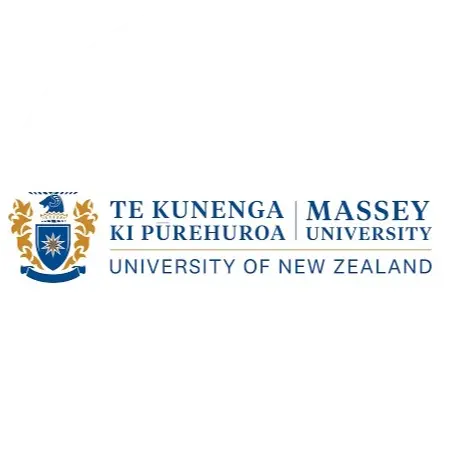

Kaplan Group - Massey University - Manawatu Campus
Intake Feb 2025, Jul 2025
Jul 2024

Application Fee

Duration
Test Score
6
IELTS
80
TOEFL
75
Min GPA


Kaplan Group - Massey University - Manawatu Campus
Intake Feb 2025, Jul 2025
Jul 2024

Application Fee

Duration
Test Score
6
IELTS
80
TOEFL
75
Min GPA
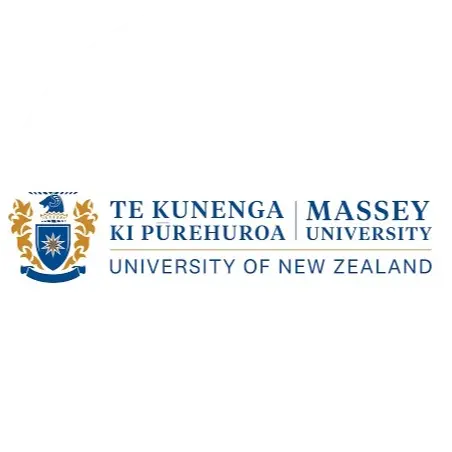

Kaplan Group - Massey University - Auckland Campus
Intake Feb 2025, Jul 2025

Application Fee

Duration
Test Score
6
IELTS
80
TOEFL
75
Min GPA


Kaplan Group - Massey University - Manawatu Campus
Intake Feb 2025, Jul 2025
Jul 2024

Application Fee

Duration
Test Score
6
IELTS
80
TOEFL
75
Min GPA


Kaplan Group - Massey University - Auckland Campus
Intake Feb 2025, Jul 2025
Jul 2024

Application Fee

Duration
Test Score
6
IELTS
80
TOEFL
75
Min GPA


Kaplan Group - Massey University - Auckland Campus
Intake
Jul 2024

Application Fee

Duration
Test Score
6
IELTS
80
TOEFL
75
Min GPA


Kaplan Group - Massey University - Manawatu Campus
Intake
Jul 2024

Application Fee

Duration
Test Score
6
IELTS
80
TOEFL
75
Min GPA


Kaplan Group - Massey University - Manawatu Campus
Intake
Jul 2024

Application Fee

Duration
Test Score
6
IELTS
80
TOEFL
75
Min GPA


Kaplan Group - Massey University - Auckland Campus
Intake
Jul 2024

Application Fee

Duration
Test Score
6
IELTS
80
TOEFL
75
Min GPA


Kaplan Group - Massey University - Manawatu Campus
Intake
Jul 2024

Application Fee

Duration
Test Score
6
IELTS
80
TOEFL
75
Min GPA


Kaplan Group - Massey University - Auckland Campus
Intake Feb 2025, Jul 2025
Jul 2024

Application Fee

Duration
Test Score
6
IELTS
80
TOEFL
75
Min GPA


Kaplan Group - Massey University - Manawatu Campus
Intake Feb 2025, Jul 2025
Jul 2024

Application Fee

Duration
Test Score
6
IELTS
80
TOEFL
75
Min GPA


Kaplan Group - Massey University - Manawatu Campus
Intake Feb 2025, Jul 2025
Jul 2024

Application Fee

Duration
Test Score
6
IELTS
80
TOEFL
75
Min GPA


Kaplan Group - Massey University - Auckland Campus
Intake Feb 2025, Jul 2025
Jul 2024

Application Fee

Duration
Test Score
6
IELTS
80
TOEFL
75
Min GPA


Kaplan Group - Massey University - Manawatu Campus
Intake
Jul 2024

Application Fee

Duration
Test Score
6
IELTS
80
TOEFL
75
Min GPA


Kaplan Group - Massey University - Manawatu Campus
Intake Feb 2025, Jul 2025
Jul 2024

Application Fee

Duration
Test Score
6
IELTS
80
TOEFL
75
Min GPA


Kaplan Group - Massey University - Auckland Campus
Intake Feb 2025, Jul 2025
Jul 2024

Application Fee

Duration
Test Score
6
IELTS
80
TOEFL
75
Min GPA


Kaplan Group - Massey University - Manawatu Campus
Intake
Jul 2024

Application Fee

Duration
Test Score
6
IELTS
80
TOEFL
75
Min GPA


Kaplan Group - Massey University - Auckland Campus
Intake
Jul 2024

Application Fee

Duration
Test Score
6
IELTS
80
TOEFL
75
Min GPA


Kaplan Group - Massey University - Auckland Campus
Intake Feb 2025, Jul 2025
Jul 2024

Application Fee

Duration
Test Score
6
IELTS
80
TOEFL
75
Min GPA
Tuition Fee
The values given below are estimated figures, excluding extra charges like material fee, student activity fees, athletic fees, health care, etc., for courses. To know more, please visit the Programs page.
Average Tuition Fee Per Year
23000
Tuition Fee
(NZD)
Free
Application Fee
(NZD)
20000 Per year
Average Cost of Living
(NZD)
The living costs include the total expenses per month, covering accommodation, public transportation, utilities (electricity, internet), books and groceries.
Check program website for more information about funding options.
Not sure what you are looking for?
Don’t worry, we are here to help.
Popular Universities to Study Abroad
World class education waiting for you.
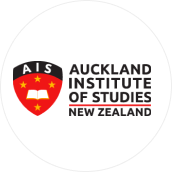
Auckland, New Zealand • 12 Programmes
.png)
Hamilton, New Zealand • 19 Programmes
Tuition Fee : NZD 19105 - 23445 / year
.png)
Hamilton, New Zealand • 57 Programmes
Tuition Fee : NZD 19105 - 23445 / year
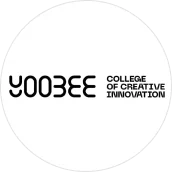
Christchurch, New Zealand • 12 Programmes
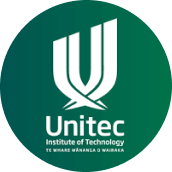
Auckland, New Zealand • 55 Programmes
Tuition Fee : NZD 19950 - 24000 / year
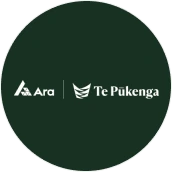
Canterbury, New Zealand • 82 Programmes
Tuition Fee : NZD 20520 - 31580 / year
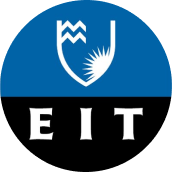
Auckland, New Zealand • 14 Programmes
.png)
Wellington, New Zealand • 4 Programmes
Tuition Fee : NZD 20500 - 22500 / year
Top Places To Study In Canada
Province wise Popular university and colleges for Studying abroad.
- Universities in Auckland
- Universities in Canterbury
- Universities in Christchurch
- Universities in Gisborne
- Universities in Hamilton
- Universities in Hawkes Bay
- Universities in Marlborough
- Universities in Nelson
- Universities in New Plymouth
- Universities in North Island
- Universities in Otago
- Universities in Rotorua
- Universities in Southland
- Universities in Tauranga
- Universities in Wellington
- Universities in Whanganui
- Universities in Whangarei
Popular English Language Proficiency Exams
Blogs and Articles
Study in New Zealand Blogs & Articles
Master of Information Technology in New zealand
Updated on • Sep 16,2024 04:55 PM IST • New Zealand
Public Universities in New Zealand for International Students
Updated on • Sep 11,2024 05:29 PM IST • New Zealand
Student Accommodation in New Zealand
Updated on • Sep 06,2024 05:01 PM IST • New Zealand
Top Colleges & Universities in Christchurch for Indian Students
Updated on • May 02,2024 01:55 PM IST • New Zealand
Study in New Zealand without IELTS
Updated on • Apr 11,2024 05:36 PM IST • New Zealand
New Zealand IELTS Band Requirements
Updated on • Mar 20,2024 05:09 PM IST • New Zealand
New Zealand Scholarship for International Students
Updated on • Mar 12,2024 12:33 PM IST • New Zealand
Minimum IELTS Scores to Study in New Zealand Universities
Updated on • Mar 08,2024 01:48 PM IST • IELTS
Universities Accepting Backlogs in New Zealand
Updated on • Feb 27,2024 01:06 PM IST • New Zealand
Exams to Study in New Zealand for International Students
Updated on • Feb 15,2024 01:48 PM IST • New Zealand
Demanding Courses in New Zealand for International Students
Updated on • Jan 31,2024 11:24 AM IST • New Zealand
Cost of Living for International Students in New Zealand
Updated on • Jan 30,2024 11:34 AM IST • New Zealand
Highest Paying Jobs in New Zealand for International Students
Updated on • Sep 24,2024 04:44 PM IST • New Zealand
New Zealand Student Visa: Eligibility, Requirements, Documents & Types of NZ Study Visa
Updated on • Sep 21,2024 04:44 PM IST • New Zealand
How does the New Zealand Education System work?
Updated on • Oct 16,2023 04:18 PM IST • New Zealand
How to open a Bank Account in New Zealand as an International Student?
Updated on • Oct 16,2023 12:39 PM IST • New Zealand
MBA in New Zealand: Universities, Eligibility, Types, Documents and Job Opportunities
Updated on • Mar 27,2024 05:13 PM IST • New Zealand
Statement of Purpose (SOP) for New Zealand Student Visa: Format, Guidelines & Writing Tips
Updated on • Mar 08,2024 01:33 PM IST • SOP
Masters (MS) in New Zealand: Eligibility, Scope and Top Colleges for Indian Students
Updated on • Jul 11,2023 05:00 PM IST • New Zealand
Intakes in New Zealand 2025: Timeline, Courses, Universities & Requirements
Updated on • Sep 24,2024 05:08 PM IST • New Zealand






